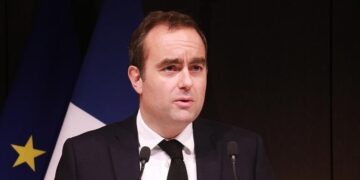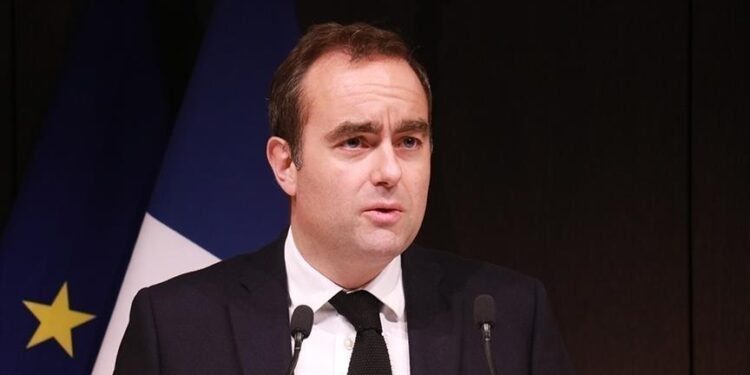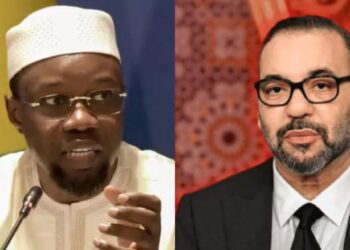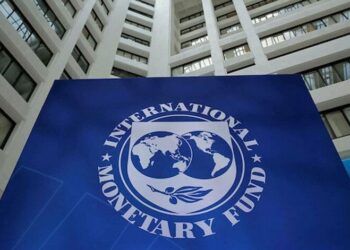By Enyichukwu Enemanna
Sebastien Lecornu on Wednesday assumed office as the new French Prime Minister in a handover ceremony with the outgoing premier, Francois Bayrou after he lost a vote of confidence.
Before his appointment of Tuesday by President Emmanuel Macron, Lecornu was the minister of the Armed Forces. He is the seventh PM in the Macron presidency –
“I will, and I am sure, that the entire team around me will do with me everything we can to help the government … My help and our help are assured to you at all times, during the weeks and months to come,” outing PM Bayrou said before handing over his duties to his successor, Lecornu.
In his remarks, Lecornu saluted Bayrou’s “extraordinary courage” in defending his convictions till the last minute, voicing his belief that “all of this will be recognized” one day.
“We will succeed, because deep down … there is no other possible path. We must manage, in essence, to put an end to this double gap: the gap between the political situation and what our citizens legitimately expect for their daily lives, for the economic and social situation, for their security,” Lecornu further said.
He also reiterated the need for a change in the way the government works with the opposition through a more creative, technical and serious approach.
Lecornu takes office after Bayrou lost a confidence vote in the National Assembly on Monday.
Lecornu is the only minister to have remained in government since Macron came to power in 2017.
At 39 years old, he has held the positions of secretary of state to the minister of ecological and inclusive transition, minister delegate in charge of local authorities, and minister of overseas territories, before taking over as minister of the armed forces.
Bayrou had proposed €44bn in budget cuts, and decided to put his plans to a vote of confidence. He however lost. In the end, France’s National Assembly decided to oust his government.
On Monday, he received 194 votes in support and 364 votes against, failing to obtain a majority in the parliament.15 of the 589 deputies abstained.
France also has one of the EU’s largest budget deficits at 5.8%. Budget negotiations have been a major source of tension in French politics.
The failure to reach an agreement on the 2025 budget last year led to the collapse of his predecessor, Michel Barnier’s government in December, after left-wing and far-right parties united behind a no-confidence motion.



































